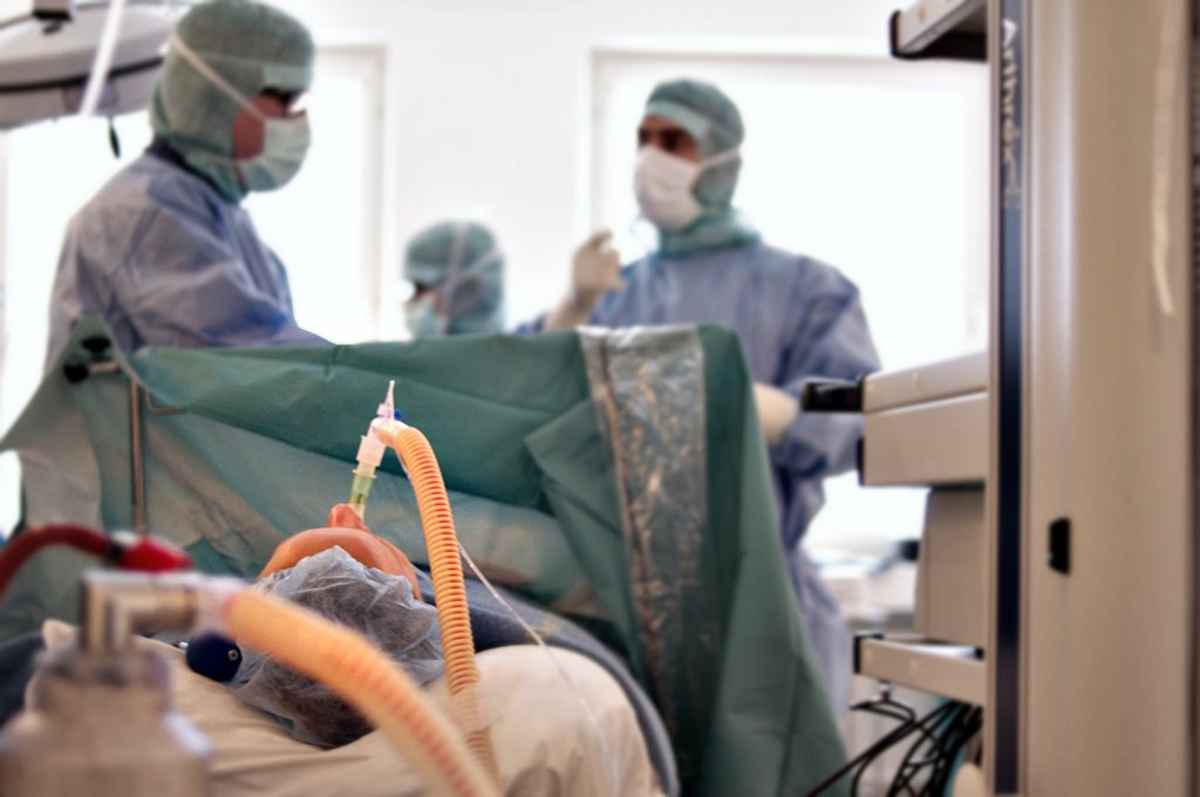Table of Contents
The trauma surgeon will consult with their patients who are admitted in the general wards and the surgical or trauma ICUs in the hospital. This will be done 1-2 times a day depending on the patient's health status and medical needs. The patients will be managed conservatively or surgically depending on the injuries they sustained, and will be discharged home when they are clinically stable or transferred to a rehabilitation hospital to continue with their conservative management.

Trauma surgeons are based either in their own offices in the hospital or they have an office in the specialized trauma unit. This allows them to respond quickly to an emergency situation when they are needed. Trauma surgeons are consulted by other specialists if they feel that their services would benefit the patient, but most of the time they are called upon by emergency room staff and doctors to attend to a traumatic injury on a patient. These injuries would be described as potentially life-threatening ones that require immediate management.
These specialists also provide on call services for the hospital during after hours and on weekends where they are consulted regarding traumatic injuries. Along with those mentioned already, some other emergency situations and procedures that a trauma surgeon is exposed to and performs, respectively, include airway obstruction where a crycothyrotomy would be done, acute intracranial haemorrhage and performing burr-holes in the skull, intrathoracic bleeding due to a severed pulmonary vessel where a thoracotomy needs to be performed and a pelvic fracture resulting in blood loss requiring external fixation on the fracture.
Monday
The trauma surgeon will deal with any administrative issues such as attending meetings and sorting out office related tasks.
The trauma surgeon will begin consulting with patients once the mentioned issues have been dealt with. The specialist will usually consult with patients who are following up after they received treatment for their injuries. The surgeon will assess the patient and decide whether further surgical, non-surgical or conservative management is still needed, whether the patient only needs further rehabilitation or whether the patient can be discharged from the doctor's care.
Tuesday
The trauma surgeon will spend this day operating in theatre. The procedures can be elective ones such as crycothyrotomies for patients needing mechanical ventilation, or emergency ones such as performing laparotomies on patients with gunshot wounds.
Wednesday
The trauma surgeon will spend the morning following up with post-surgical or post-management patients and the afternoon will be spent in theatre operating on elective and emergency cases.
READ Questions To Be Answered By Medical Schools When Wanting To Study Medicine
Thursday
The morning will be spent operating and the afternoon will be used to train undergraduate medical students and postgraduate surgical and trauma clinical assistants.
Friday
The trauma surgeon will spend this day consulting with patient, in the office or in the emergency room, and performing procedures in the operating room.
The afternoon will be used to finalise any unfinished administrative tasks and the work week can then end.
- en.wikipedia.org/wiki/Trauma_surgery
- Photo courtesy of nemesis_brr: www.flickr.com/photos/15441644@N03/1636647952/
- Photo courtesy of Zdenko Zivkovic: www.flickr.com/photos/zivkovic/6895210343/
- Photo courtesy of Zdenko Zivkovic: www.flickr.com/photos/zivkovic/6895210343/


Your thoughts on this